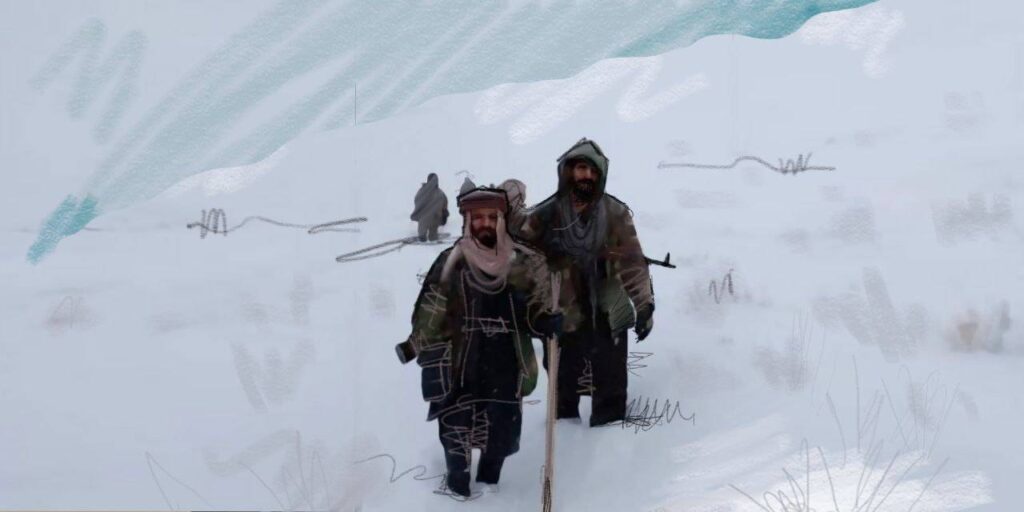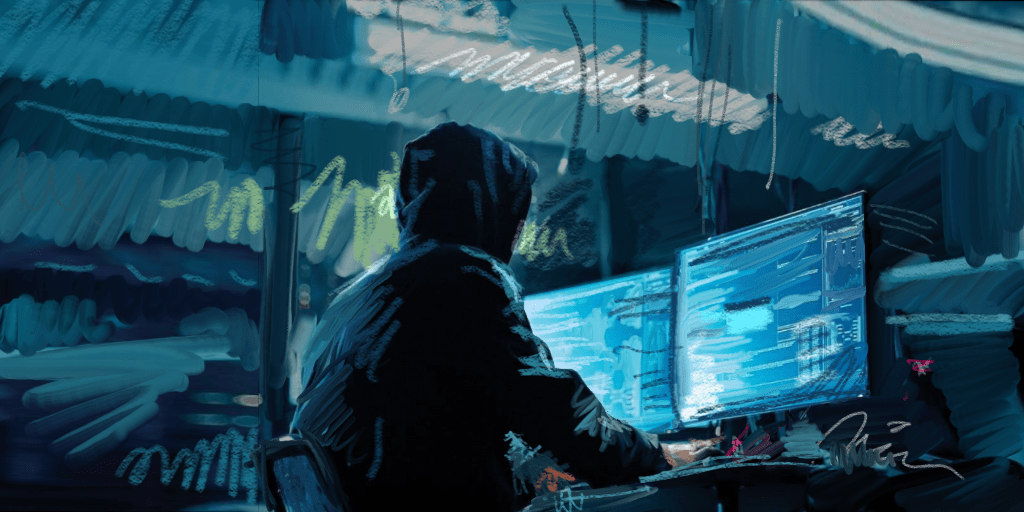TASHKENT (TCA) — A three-day national Table-top exercise on countering the use of the Internet for terrorist purposes began on 29 January in Tashkent. The exercise, for some 45 representatives of the parliament, judges, investigators, law enforcement officers, relevant state institutions and agencies, the ICT industry, civil society, youth organizations, academia, and the media, was organized by the OSCE Project Co-ordinator in Uzbekistan in co-operation with the Action against Terrorism Unit of the OSCE’s Transnational Threats Department.
The exercise will focus on developing national capacities to counter terrorist content online by enhancing international co-operation and the sharing of best practices in engaging with private companies and other non-state actors.
“As always, the OSCE promotes sharing of best practices among participating States,” said Ambassador John MacGregor, OSCE Project Co-ordinator in Uzbekistan. “This event does precisely that, by providing information to state, academic, media, and civil society representatives. Moreover, there is recognition of the vital importance of further improving the role of public-private partnerships – for example, by working with social media companies like Facebook, YouTube, Twitter, Telegram, VKontake, and Odnoklassniki – in countering the use of the internet for terrorist purposes.”
The exercise centres on a fictional and interactive scenario developed by the Action against Terrorism Unit in collaboration with the Asia-Pacific Foundation. It serves as a realistic and strategic-level case study that is based on real-world events and emerging security threats relevant to Central Asia.
“Striking a fair balance between the methods to fight against terrorism and violent extremism online and protecting human rights can certainly be a challenging process,” said Rasa Ostaruskaite, Co-ordinator of the OSCE Transnational Threats Department. “This task can only succeed by taking a ‘whole-of-society’ approach when all stakeholders are fully involved from the start in the design of relevant responses.”
The exercise includes a number of presentations from international experts from Canada, France, Russia, the United Kingdom and the United States as well as advisers from the Office of the OSCE Representative on Freedom of the Media and OSCE Office for Democratic Institutions and Human Rights. They will highlight relevant best practices on effectively addressing the threats posed by the exploitation of the Internet by terrorists while respecting privacy and freedoms of expression, association, peaceful assembly, and religion or belief, as well as the need to preserve global connectivity and the free and secure flow of information.
The exercise’s findings will lead to the creation of a road map outlining ways to improve the efficiency of efforts to address the threats posed by the use of the Internet for terrorist purposes. They will help policymakers in formulating relevant, human-rights compliant and gender mainstreamed policies and frameworks on preventing and countering violent extremism and terrorism online, and to integrate these recommendations into broader strategies to prevent and counter violent extremism and terrorism.
The seminar is part of a joint project with Uzbekistan aimed at providing assistance to national law enforcement agencies and relevant institutions from the non-governmental sector in building the capabilities of practitioners to effectively respond to terrorism-related threats in compliance with human rights and the rule of law, the OSCE said.









